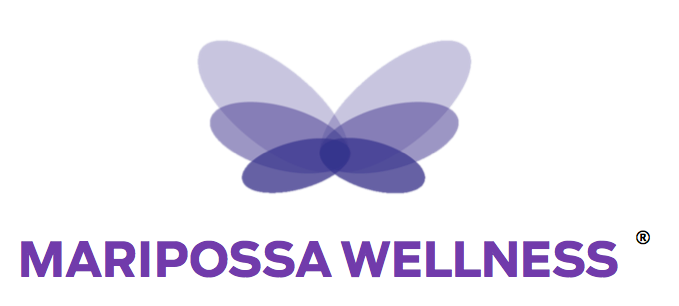3 Tips for Identifying and Coping with Your Stress Triggers
Life, as they say, keeps coming, and you may find yourself being pushed and pulled in many different directions at once. Your mind may become overloaded, your emotions get the best of you, and you may react negatively, become exhausted or simply shut down. In moments like these, how do you recognize your trigger points of stress? How do you become aware of what can overwhelm you, limit your productivity and affect your health?
Can you simply stop, stand still and move your attention towards your breath, the sensations in your bodies, and come back to the present? When you create a gap between a thought and an action, you find that you are better equipped to deal with the challenges of life.
To develop a sense of awareness of what you are feeling in your mind and body, and learn the ability to return to the present moment, you need to identify what can provoke these feelings of stress and how to avoid letting them control your emotions, thoughts and physical wellbeing.
Throughout your day you may face various challenges that could lead you through a serious of emotions and sensations in your mind and body. This may cause you to create a negative story in your mind or respond with frustration or even have a physical reaction.
The important thing is to notice what elicits these responses, know that they exist and take a moment to decide what is the best way for you to address your circumstances and environment.
To find solutions in order to deal with your stress you need to understand the path that leads you to have an emotional and or mental and or physical reaction.
Here are three tips for you to identify these stress triggers and solutions to cope with the different situations that may arise in your everyday life.
1) Do you ever find that you are short of breath or been holding your breath but have not run anywhere or moved from where you are sitting or standing? Have you ever noticed what happens to your breath in a difficult moment?
The breath can be a very informative tool to help you understand how you react to an unpleasant situation as well as ease your mind and body. Taking a moment to bring your attention to how you are breathing when dealing with a particular dilemma can lead you to make better and healthier decisions. So next time life provokes you, pause and notice your breath. Take a few seconds/minutes to really inhale and exhale, giving your mind a moment to rest and your breath a chance to lead. This will give you the ability to proceed from a point of calm and focus.
2) Do you ever notice the tension in your neck, shoulders or back after reading an email, leaving a meeting or conference call or simply dealing with a situation at work or home?
Noticing tightness in different parts of your body can educate you as where you hold your emotions. Your body has the ability to send you powerful messages about your health. Difficult occasions can cause you to tighten your muscles, which can lead to soreness or pain. The reality is you may not even realize how you are reacting in the moment. The important thing is to check in with yourself and listen to your body. Moving and stretching throughout your day can help you alleviate the tension and strain that can be lodged in your muscles and joints from stress. It is important to remember to get up and move, take a moment to stretch and or go for a walk. Remember to focus on your breath as well while you are moving and or stretching.
3) When you are faced with a difficult project or an overwhelmingly busy day does this cause you to feel anxious or overwhelmed or develop a negative narrative? Can this lead you to convince yourself it is impossible for you prioritize you day, complete your task or reach the answers you need to succeed.
Taking a moment to fully pause and be present when faced with this challenge will enable you to change the narrative from a negative to a positive. This will show you the power of pausing, using the time to think and be present in the moment. Taking advantage of a “time out” can allow you to ask yourself how can I deal with the task at hand or the obligations presented to me in the best possible manner? Can you address the issues from a productive point of view? Notice what you need to best accomplish your responsibilities. Once you have paused it is beneficial to use the tools of breathing and moving mentioned above to clear your mind and body before continuing with responsibilities.
In conclusion, you can go through an emotional, a mental and or physical reaction to stress. These questions and suggestions above are meant to help you identify what are your tendencies. Once you have an awareness of your habits then you can develop a practice to cope with every life challenges. Incorporating simple accessible tools such as mind/body awareness, breathing and moving in your everyday routine can have a big impact on your overall wellbeing.




